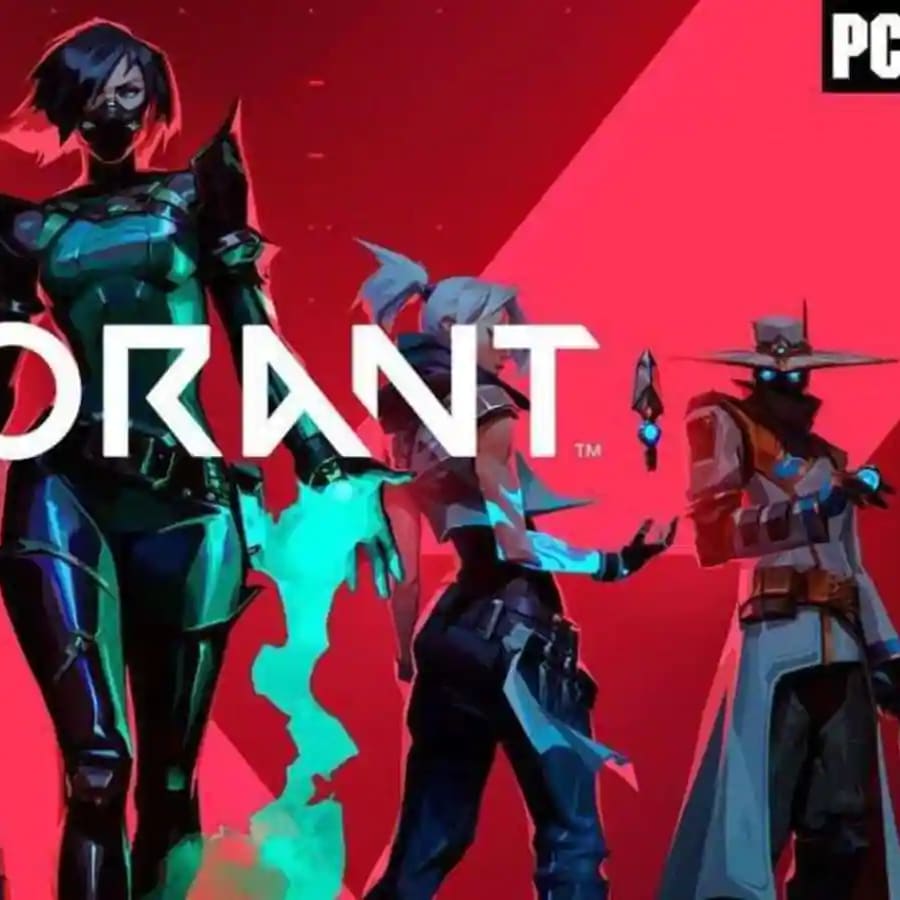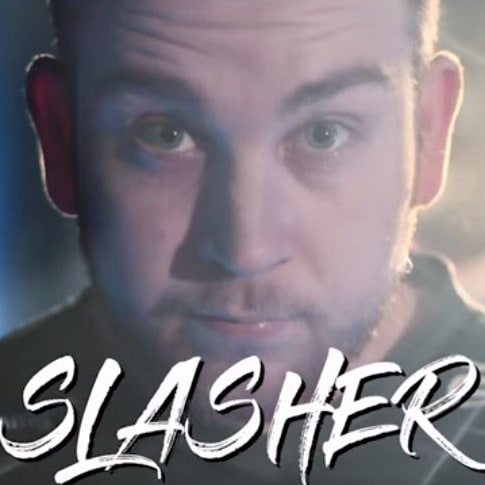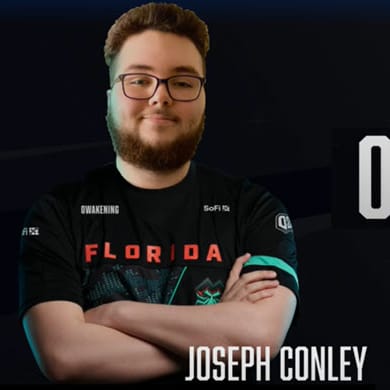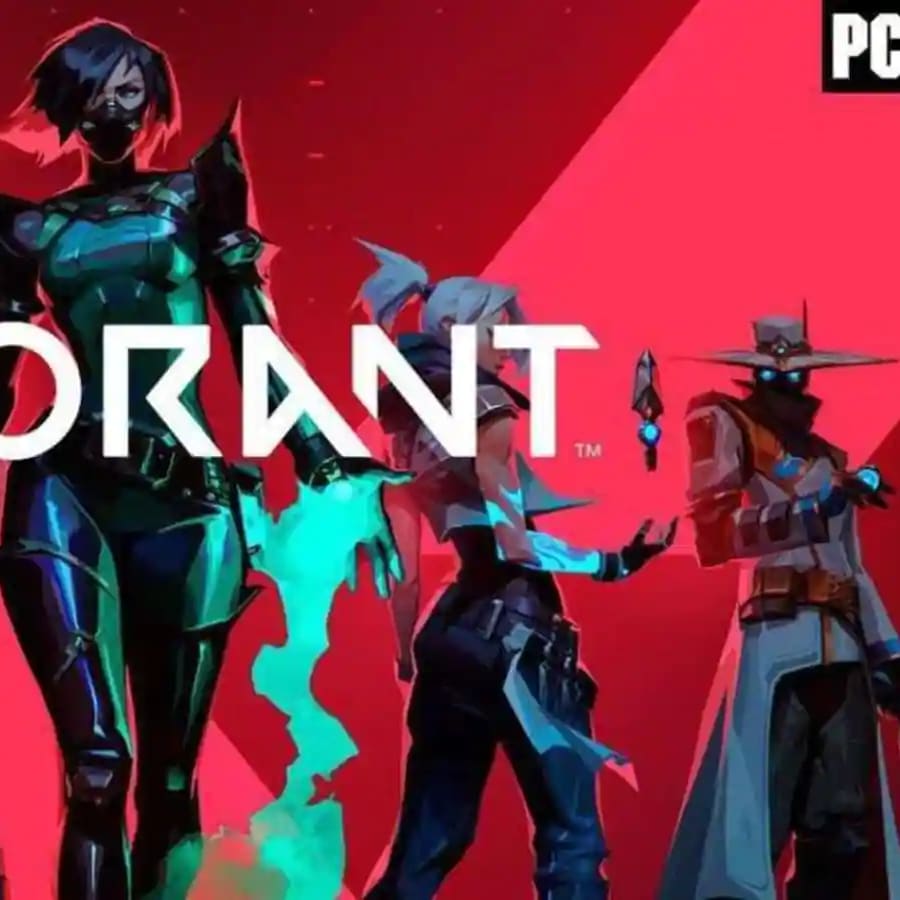This article is part of our Beyond the Game series.
Thursday two very different companies announced some very similar changes. Both Riot Games and Blizzard released groundbreaking announcements about how they would be handling the eSports sides of League of Legends and Heroes of the Storm, respectively.
Both of these companies have faced recent criticism for their handling of their flagship MOBA titles recently. Riot Games came into conflict with their top teams last month after their president, Mark Merill, took to Reddit and made a handful of controversial statements about the business ecosystem in their game. I'm paraphrasing, but the statements essentially suggested that owners and players should be glad they have it so good. TSM's owner Reginald fired back almost immediately, pointing out that nearly every team in the league operates at a loss and make their revenues elsewhere. This kicked off a long conversation about team and player compensation that Riot's announcement seems to have largely resolved.
Meanwhile, Blizzard has been feeling the heat from multiple angles recently, as pros in all of their eSports titles have started to fall away due to lacks of opportunities. Blizzard seemed to be hedging that the long-awaited release of Legacy of the Void would help reinvigorate interest in both Starcraft II and Heroes of the Storm. That bet never seemed to pay off, and both games continue to enjoy stream numbers similar to games over a decade older than them -- both regularly fall beneath the ancient MMORPG Runescape in Twitch viewership, and barely break into the top five even during big tournaments.
Thus, an announcement about the future of both companies seemed long overdue, as the two heavyweights in the eSports arena were sure not to sit on their laurels for long. While Blizzard has other income streams to fall back on, Riot is all-in on their flagship game and disruptions in the success of their eSports scene could well prove catastrophic for them if unanswered.
A Small Step in the Right Direction
Riot's full announcement can be read here, but the brief summary is that Riot is adding many more ways for teams to get compensated from their success. Specifically, the purchase of summoner icons and skins will now much more directly translate into income for teams, while teams that win or have won commemorative Worlds skins for themselves can now look forward to a huge paycheck.
While no one would say that these measures aren't welcome, they come off as somewhat conservative. The revenue a team can expect from 25 percent of summoner icon sales pales in comparison to the money that teams make from sticker sales in CS:GO, which allows players to directly modify their favorite weapons to represent their favorite teams, with most of the proceeds going straight into that team's bottom line. While Riot ended with a nebulous promise to look for more ways to get revenue to teams via in-game cosmetic sales, few are taking this pledge seriously. The precedent for funding teams via in-game cosmetics was set nearly five years ago by Valve: if Riot had any intent of enriching teams in this fashion, they've already been furnished with ample opportunity to do so.
The other major plan that Riot put forth was to increase the prize pool of both MSI and Worlds by putting 25 percent of the revenue from Championship and Challenger skins directly into the prize pools. For context, Riot stated that this would have doubled last year's prize pool had it been implemented then. Unfortunately, even doubling the $2.3 million prize pool from 2015 still leaves a laughable low figure when compared to the $20 million prize pool that participants at The International 6, DOTA 2's biggest event of the year, fought for. Much like the first half of the plan, few teams are going to look a gift horse in the mouth, but the general sentiment is that these changes are being made primarily so that Riot can say they're making changes. They're not likely to affect the bottom line of teams much.
Most egregiously, the teams who truly were in need of additional revenue to stay afloat in the absurdly competitive League of Legends environment are unlikely to get much revenue at all from either of these changes. Teams in the lower end of the rankings are unlikely to either sell many icons or win Worlds, so these measures will do little to offset the huge risks that owners face when buying or fielding such a team. With the looming specter of relegation always hanging over these teams, return on investment becomes a very real concern, a concern that new potential owners may well find insurmountable. When combined with anemic support for the challenger series and the lack of sponsorship opportunities, it's a wonder anyone chooses to own such a team at all. What will happen when Riot runs out of individuals who will be willing to swallow such risk, especially in the face of their tendency to mandate ownership changes seemingly out of the blue.
Too Little, Too Late?
No matter what its diehard fans would tell you, Heroes of the Storm was already struggling to stay afloat upon release. It's never broken into the top five streaming numbers in its lifetime, and even its largest tournaments fail to outdo an everyday Kripparian stream. While the game is likely still a financial success for Blizzard due to its casual base, it has become abundantly clear in the last couple years that the game will never compete with the other heavyweight MOBA titles for a top eSports spot.
Without the viewership numbers or the tournament purses to support a good base of full-time pro players, the game has largely stagnated, and the constant criticism over poor production values and controversial broadcast talent hasn't helped matters. Things finally came to a head a couple of months ago when MVP Black, the reigning world champions, announced they would likely be pulling out of the game at the end of the year due to lack of financial opportunities and interest, thanks in large part to poor in-game design decisions. This last point cannot be overstated: in terms of winrate variance, one of the best statistics for determining the balance of any game that features multiple characters, Heroes of the Storm is not only an anomaly, it's an extreme one. Individual heroes routinely obtain winrates of nearly 75%, which is not a sign of poor design: it's a sign of arbitrary design.
Thus Blizzard's announcement that they would be effectively form a Heroes of the Storm knock-off LCS was equal parts mystifying and welcome. For the die-hard pros that would never leave their favorite game, finding financial validation is all but a godsend. For the apparently apathetic viewers and pundits, however, the move reeks of the sunk-cost fallacy as most are skeptical that any amount of investment can salvage the game. Blizzard's ability to regulate their eSports titles has been notoriously poor, so whether throwing money at the problem will be a viable solution depends on how that money gets used. With Blizzard's track record, especially considering the current floundering of both Hearthstone and Starcraft II -- two titles that were, in their own times, too big to fail -- it's hard to be optimistic.
The consensus seems to be that further observation will be needed to see if a dedicated league can be what saves this seemingly irredeemable eSport, but it's a fairly safe bet that this will go down as a classic case of too little too late, unless other dramatic steps to resuscitate the game are made.












